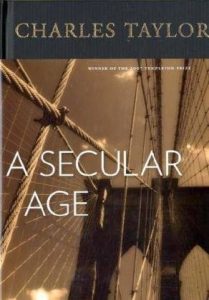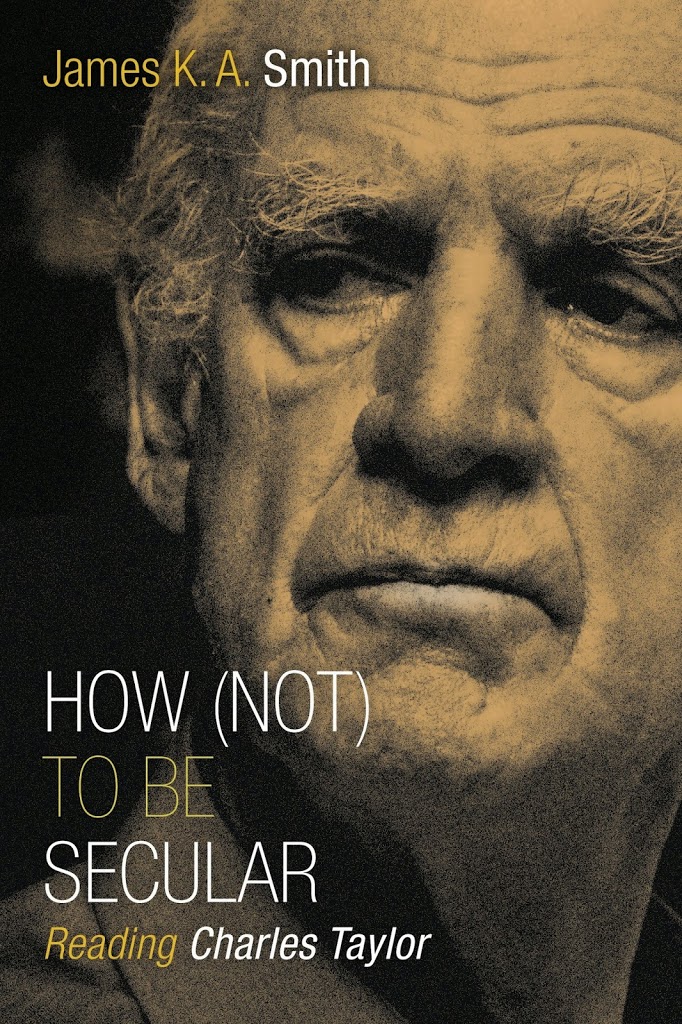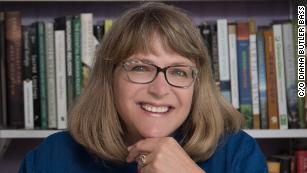Quotes & Sayings
Friday, July 16, 2021
How Not To Be Secular (a Reading of Charles Taylor)
Michael Saler - Modernity, Enchantment, and Fictionalism
 |
| Footbridge between worlds (from Un Autre Monde by JJ Grandville) | Image via flickr user Carl Guderian |
Charles Taylor - Fragile Faith in a Secular Age
 |
| Remembering memorials against time |
The unreal is more powerful than the real,
nothing is as perfect as you can imagine it,
it's only intangible ideas, concepts, beliefs,
fantasies that last. Stone crumbles,
wood rots. People, well, they die.
But things as fragile as a thought, a dream,
a legend - they can go on and on...
- Chuck Palahniuk
* * * * * * * * *
Charles Taylor:
Fragile Faith In A Secular Age
https://ransomfellowship.org/charles-taylor-i-fragile-faith-in-a-secular-age/
by Denis Haack

Fragilization In the face of different options, where people who lead “normal” lives do not share my faith (and perhaps believe something very different), my own faith commitment becomes fragile—put into question, dubitable. (p. 141)

 |
| Denis Haack |
I call this A Glass Darkly because we always see things incompletely, as though we're peering through a window caked with grime. And because a glass of finely crafted beer is a great help when we are trying to think things through. I am interested in all sorts of things, and you'll find that reflected here. I invite your comments because I want to learn, and to generate thoughtful, civil conversation. May we all come to see the small things and the things that matter most with greater clarity.
 |
| Denis and Margie Haack |
Ransom Fellowship was founded by Denis and Margie Haack in 1981. Together, they have created a ministry that includes lecturing, writing, teaching, feeding, and encouraging those who want to know more about what it means to be a Christian in the everyday life of the 21st century.
Wednesday, July 14, 2021
America is no longer as evangelical as it once was
 |
Amid Evangelical decline, growing split between young Christians and church eldersThe number of white evangelical Protestants fell from about 23 percent of the US population in 2006 to 17 percent in 2016, and only 11 percent are under 30, according to a survey of more than 100,000 Americans. | Christian Science Monitor |
Diana Butler Bass (@DianaButlerBass) is the author of 11 books on American religion and cultural trends, including her most recent, "Freeing Jesus: Rediscovering Jesus as Friend, Teacher, Savior, Lord, Way and Presence." She was a member of the Public Religion Research Institute board from 2008 to 2018. The views expressed here are hers. Read more opinion on CNN.
 |
| Diana Butler Bass |
 |
[RNS] The ‘nones’ are growing — and growing more diverseReligious disaffiliation has risen in every generation, including even older Americans, though the sharpest spike in nones is occurring with the millennials. |
Winner of the 2019 Grawemeyer Award in ReligionRobert P. Jones, CEO of the Public Religion Research Institute, spells out the profound political and cultural consequences of a new reality—that America is no longer a majority white Christian nation. “Quite possibly the most illuminating text for this election year” (The New York Times Book Review).For most of our nation’s history, White Christian America (WCA) set the tone for our national policy and shaped American ideals. But especially since the 1990s, WCA has steadily lost influence, following declines within both its mainline and evangelical branches. Today, America is no longer demographically or culturally a majority white, Christian nation.Drawing on more than four decades of polling data, The End of White Christian America explains and analyzes the waning vitality of WCA. Robert P. Jones argues that the visceral nature of today’s most heated issues—the vociferous arguments around same-sex marriage and religious and sexual liberty, the rise of the Tea Party following the election of our first black president, and stark disagreements between black and white Americans over the fairness of the criminal justice system—can only be understood against the backdrop of white Christians’ anxieties as America’s racial and religious topography shifts around them.Beyond 2016, the descendants of WCA will lack the political power they once had to set the terms of the nation’s debate over values and morals and to determine election outcomes. Looking ahead, Jones forecasts the ways that they might adjust to find their place in the new America—and the consequences for us all if they don’t. “Jones’s analysis is an insightful combination of history, sociology, religious studies, and political science….This book will be of interest to a wide range of readers across the political spectrum” (Library Journal).
Does process theology have something to say about political and social issues and our response to them?
In this short book, Bruce Epperly says that it has much to say, and can shape not just the ethics and policies of a better world, but also the way in which we debate and decide those policies. Process theology invites discussion and even guides us toward acceptable and positive compromises.
No major political issue of the western world is excluded from this discussion. From immigration to criminal justice, from abortion to reproductive health, from the environment to economic development, process thinking can help guide examination, shaping, and implementation of solutions for a troubled world.
This book is suitable for individual reading by anyone who wants to take a fresh look at policy from an open-minded, progressive point of view. It can also be helpful in group studies for those who want to study how to apply prophetic proclamation to daily living.
President Barack Obama - Summer Reads 2021
 |
Former President Barack Obama speaks during a campaign rally On October 31, 2020, at Northwestern High School in Flint, Michigan. |
by Kazuo Ishiguro
by Nathan Harris
by Katie Kitamura
---






